Estimation of % percentage of titrable acidity of Gastric juice:
Titrable Acidity:
It is the amount of acid present in gastric juice. It is the amount of NaOH required to neutralize the acidity of gastric juice.
Free acidity:
It is the amount of free acid or HCL present in gastric juice.
- Normal range is 20-40%
Combined Acidity:
It is the amount of HCl that is bound to protein or protein-like substance.
- The normal range is 15-30%.
Total acidity:
Free acidity and combined acidity is called total acidity.
Chemicals:
- Synthetic gastric juice
- phenapthalene
- NaOH
- Toffer’s reagent (It is 95% Alcoholic solution of dimethylamine azo-benzene).
Apparatus:
- Tiration flask
- biurette
- pipette
- Beaker
Procedure:
- Take 20ml of gastric juice in titration flask
- Add few drops of phenapthalene.
- As soon as toffer’s reagent is added red colour appear, due to the presence of free acid in gastric juice.
- Fill the burette of M/10 NaOH and fix the burette in the stand.
- Note initial reading for both free and total acidity.
- Start adding NaOH in titration flask of disulphide drop-wise till orange colour appear.
- Stop adding NaOH. This is end point for free acidity. Note reading
- Aging start adding NaOH to same flask drop-wise with continuously shaking till orange colour disappear, and persistent pink colour appears.
- Note the reading. This is the end point of total acidity and finds out the volume of NaOH used for both free and total acidity.
- Repeat the experiment 3 times and calculate the volume of NaOH.
Precaution:
- Wash the apparatus before and after the experiment.
- Biurette should be vertical.
Gastric juice:
Mix secretion of gland present in the mucosa of the stomach. It is clear pale yellow liquid of high acidity contain 0.22-0.5% HCl and 99% water. Its PH is from 1.3-2.6 depending upon the rate of gastric secretion from 2-3 litres of gastric juice is secreted per day. It also contains organic and inorganic component.
Organic:
Pepsin, musin, gastric lipase, renin, intrinsic factor.
Inorganic:
Hcl, Na+, K+, bicarbonate and phosphate.
Function of HCl in gastric juice:
- Activation of pepsinogen to pepsin by removing the amino acid covering the active site of pepsinogen. Pepsin is acting as the proteolytic enzyme which hydrolyzes the central peptide bond of the protein.
- Maintain the PH of gastric juice so helping the pepsin for digestion of protein.
- Anti-microbial or anti-septic function, as it destroys micro-organism in GI tract.
- Helpful in the absorption of iron by converting ferric to ferrous form.
Increase Gastric Acidity:
Protein rich diets, spicy foods, excessive intake of tea and coffee, alcohol, smoking and stress.
Decrease Gastric acidity:
Chronic gastritis, carcinoma of stomach, pernicious anaemia, gastrectomy, tuberculosis of stomach, atrophy of gastric mucosa in old age.
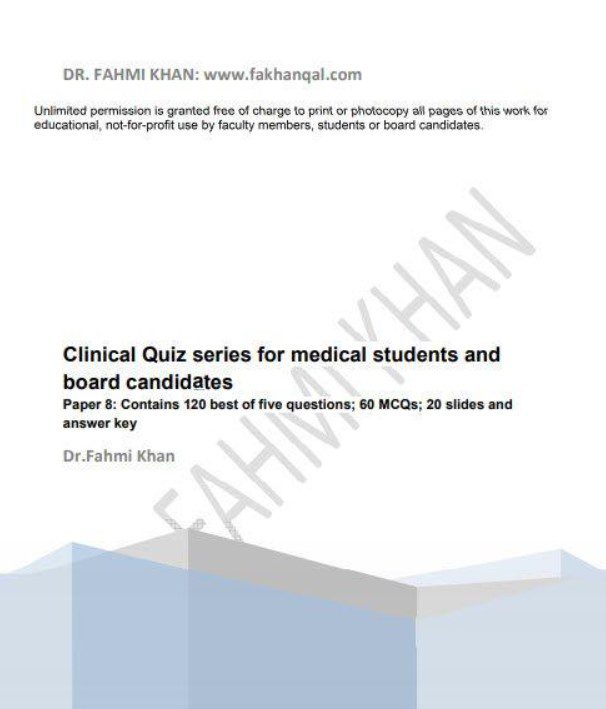
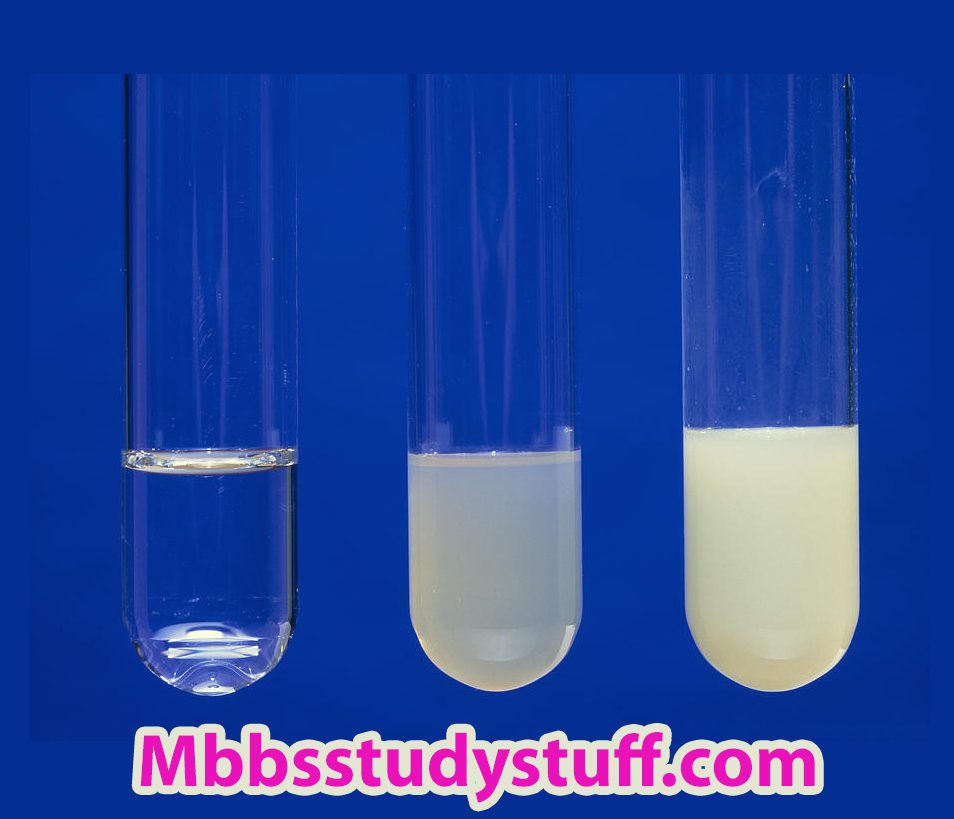
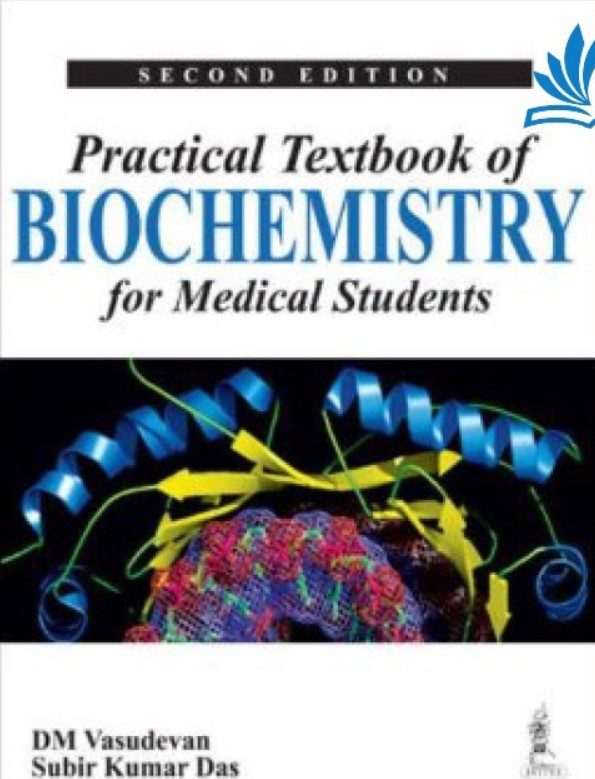
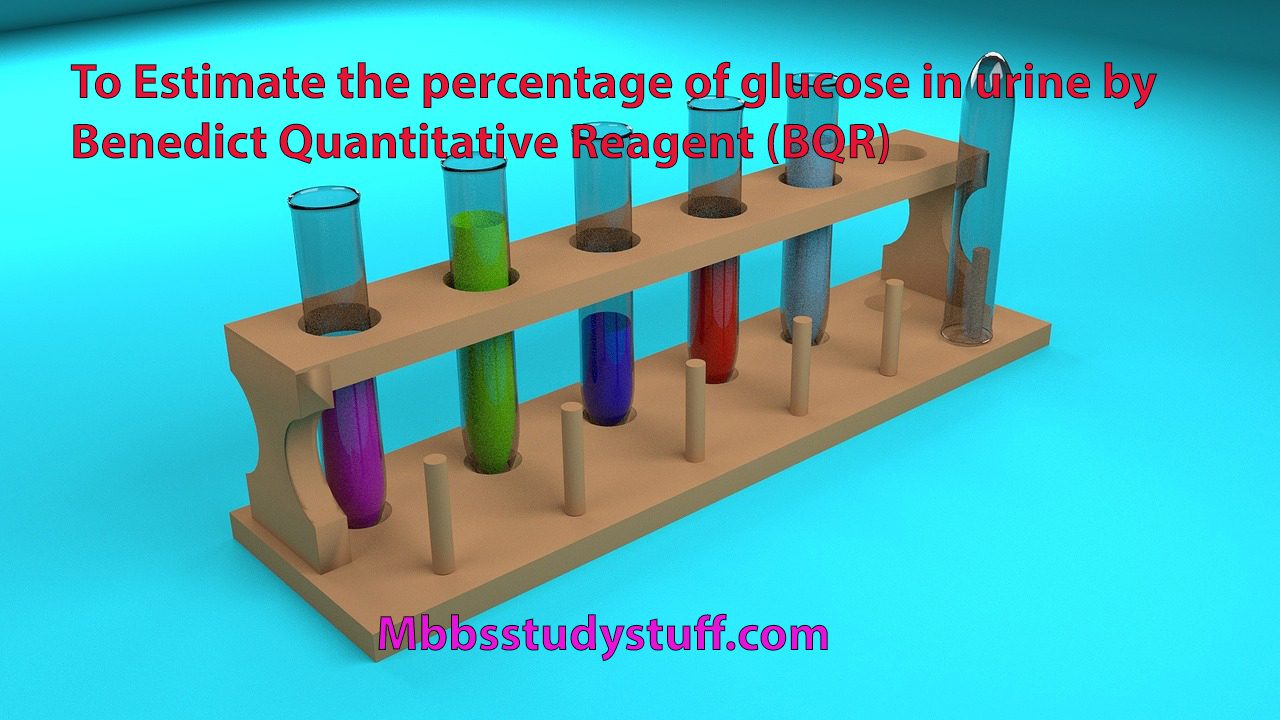
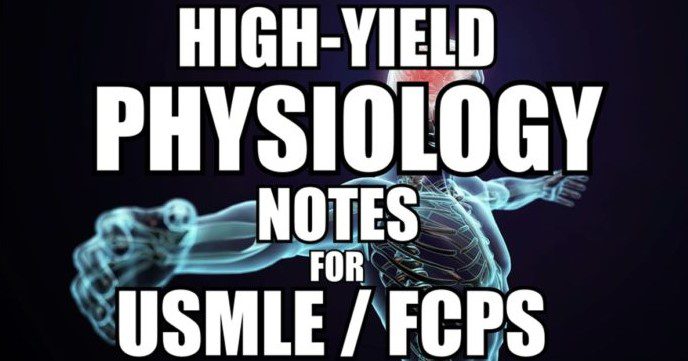
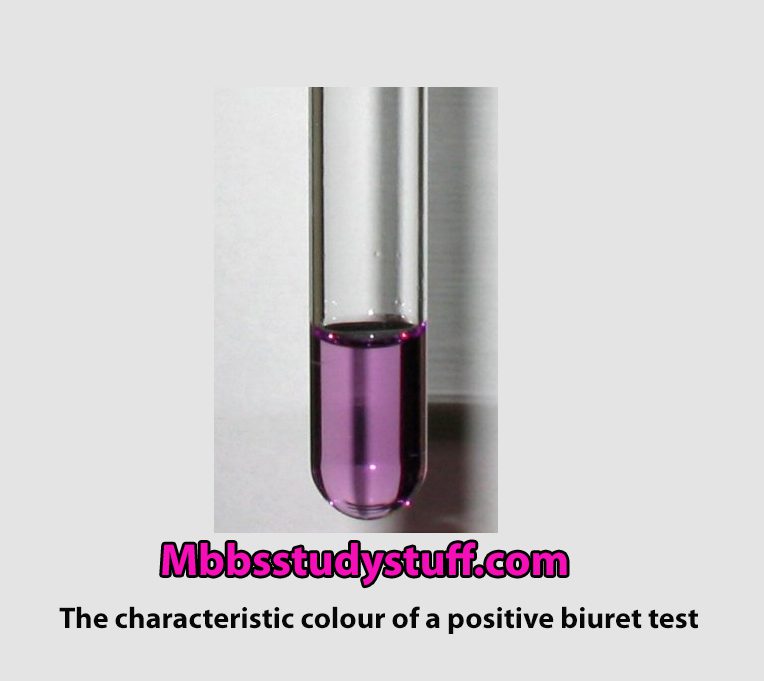
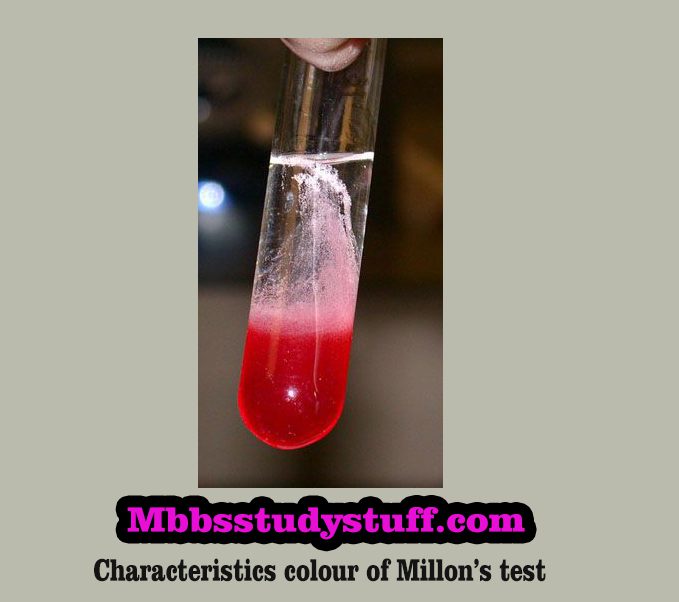

Leave a Reply